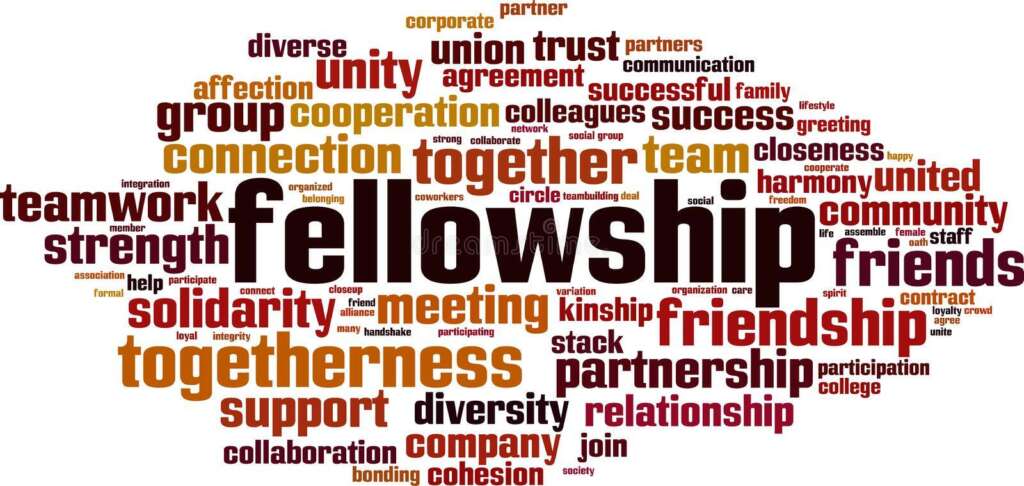
JULY 31st – 2022
ACCOMPLISHMENTS
Choosing to be on the path of recovery is something to be proud of. Once an addict drops their ego, pride is a hard thing to muster. Regardless if you have had 24 hours of sobriety, or 24 years, whether you realize it or not you have accomplished things which deserve recognition and reflection. Think about your time in sobriety and discuss 1 or 2 of your most deep felt accomplishments, what they mean to you, and why. Now reflect on your life as a whole, all of the experiences you have had, and things you have done (good and bad), and using this knowledge for positive growth and movement along your sober journey, share an accomplishment you sincerely wish to achieve in the next 6 months. This doesn’t have to be something grandiose, or severely complex; rather something new to you, but interesting as well. Use this new challenge to help when you need to ruminate on healthy thoughts, or get lost for hours in an enjoyable project. Failure along the way, or even at the end of the first full attempt is not a negative thing, on the contrary it is the greatest teacher, and promoter of self growth.
AUGUST 7th – 2022
RELAPSE
Discussion is based on theoretical scenarios, actual life experiences, or both. You have just relapsed, but you have decided/realized this is not what you want and you need to take immediate action to return to the sober life you were working on. There can be a tidal wave of emotions which accompany this first part of returning to sobriety. Guilt, shame, fear, anxiety, depression, anger, indecision, and many more. What tools will you use to take the next right step? Will you be doing it alone, or with help? What type of program will you be putting together to help ensure success? Recovery has been accomplished in many ways by many different people. Detox, Rehab, Partial Hospitalization Program, Intensive Outpatient, General Outpatient, Sober Living, AWARE, ASPIRE, Smart Recovery, AA, NA, Dharma, a Recovery Coach, Therapy, and many, many more. Discuss your version of the most successful plan for a person in this situation.
AUGUST 14th – 2022
SIGNS OF RELAPSE, BEFORE THE RELAPSE
There is a saying, which also seems to be proven true, that “the use of your substance of choice is the last part of a relapse.” This insinuates there is a path a person goes down on their way to that first use. How long is the path? Does a person show signs of negative change hours before, days, weeks, or even months? Are these signs or actions done subconsciously, consciously, or a mixture of both? Is a person capable of recognizing these signs by themselves, or do they need to be pointed out by people close to them? Every person has peaks and valleys with their emotional and psychological well being in life, but for the person in recovery negative or altered habits and lifestyle choices could mean an unrecognized step closer to that first use. Have you experienced these signs? Has anyone close to you questioned different patterns in your behavior? What sort of advice would you give a person in recovery to help protect them from heading down that path? What things in your life do you have in place to keep your recovery as strong as possible?
AUGUST 21st – 2022
ETHICS AND MORALS
Even though there are dictionary definitions for ethics and morals, these are words which when defined in a person’s own terms can vary from person to person. How do you define ethics and morals, and how are they different to you? Think back to your life in active use, and think about how ethics and morals fit into your day to day life. Now think about how they have fit into your day to day life in sobriety. Have they changed? Has the change been continuous? If so, how? Compare how they fit in your life not only generally, but also in the different aspects of your life. Are they different when dealing with family, at work, with friends, in recovery group/fellowship settings, and any others you may be able to think of? Think about the person you still wish to become, and how ethics and morals fit into your future. Are there still changes to be made? Are there areas you think you can improve on with them?
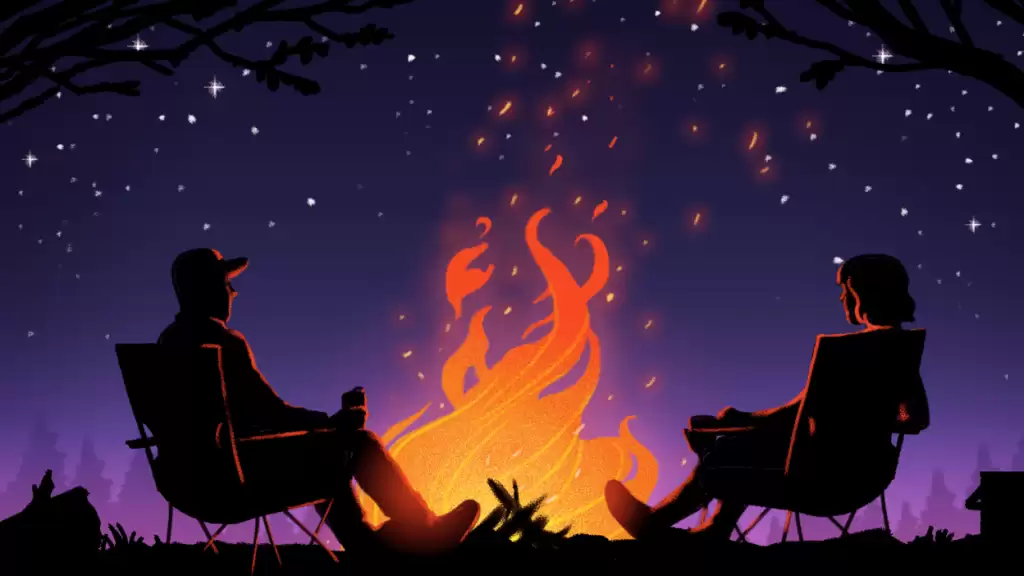
AUGUST 28th – 2022
GROUP BRAINSTORM
This week there were 5 people in attendance, and while there was a set topic, the discussion course took a direction of its own and we hit on several topics. Each person in the meeting opened up a brief discussion that was weighing on their mind specifically when it came to things which potentially effect their sober lifestyle. We discussed ways to cope with traumatic events, in this case a recent death of a close person in someone’s life. This is something which has been a major excuse the addict portion of the brain uses to pick up again. We discussed the importance of adding responsibilities and service into one’s life for many healthy reasons. We theorized over whether mental health was related to addiction, outside of the addiction definition itself, and which should be treated first. We discussed the potential effect a person’s upbringing or social environment has on the path to becoming addicted to substances. This was a varied discussion which hit very powerful points.
SEPTEMBER 4th – 2022
CANCELED
SEPTEMBER 11th – 2022
ANGER MANAGEMENT TOLERANCE LEVELS
When people think about anger management, they think about some stereotypical “mad person” losing every shred of decency and blasting someone verbally or physically in response to something most would consider relatively small, and the counseling they should be professionally receiving. Put into the right perspective our anger management tolerance can also be seen as our patience levels. Anger is an emotional response to something experienced. For this discussion the tolerance levels can be self prescribed from minor irritation or frustration to potential homicidal tendencies (even though this will hopefully never be reached). Everyone is going to share personal experiences which have solicited an anger response, or could solicit one in their present day life, and how their coping skills have improved from active use, into sobriety, and do they feel they have room for growth going forward in controlling their anger response. Potential skills can include but aren’t limited to mindfulness, breathing techniques, pausing, avoidance, deflection, understanding, and many more.
SEPTEMBER 18th – 2022
DEPTHS OF FORGIVENESS
Each person is given the choice, “do you find it easier to forgive others, or to seek forgiveness from others?” While this may seem like a simple question at face value, there are many caveats to each potential choice. If choosing forgiving others, have you taken into account what type of action you are forgiving? What is the relationship you have with the person who is seeking your forgiveness? Was the action an accident, or intentional? Is the person truly contrite, only trying to save face, or even lying with their apology? Forgiving a stranger for accidentally running into you in the store is completely different than forgiving your parent for getting into an accident while drinking and driving, and causing the death of your child in the back seat, which is different than someone who murdered a family member of yours, but served their sentence, found God and is truly contrite for their misguided action of the past. The scenarios are endless, and in these accounts, are you thinking about the wrongs you may have committed, possibly in active use. When seeking forgiveness are you ready for the doubt and anxiety, are you truly contrite, are you prepared for potential denial and continued guilt and shame, or even anger at the possible rejection? Even if forgiven, do you believe the other person or are you likely to harbor doubt, and then how easy or difficult is it for you to forgive yourself? If you can’t forgive yourself, you still can’t move on. Finally, if you are spiritual or religious, you will need to also seek forgiveness from your God, or higher power.

SEPTEMBER 25th – 2022
YOUR JOURNEY OF CHANGE.
Many times we hear things like people, places and things, don’t get complacent, go to meetings. These are all directions to live a sober life, or try to. Sometimes when looking at things too closely we miss a potentially bigger picture. If we take a minute and look at our life from early childhood through our active addiction, and into our present day to day life we can map a journey of change. Each journey is extremely personal, which is how each person’s sober “program” should be. Everyone’s plan and schedule in sobriety should be as unique as that individual. Reflect on your journey and share not only what has set you back, but what is working for you. Considering where you are now, do you feel there are still things in your journey you would like to change or work on? Do you feel change is a constant necessity not only in continuing your sobriety, but in becoming a stronger and better person all around?
OCTOBER 2nd – 2022
BONDS AND CONNECTIONS, FILLING YOUR VOIDS
Reflect on the bonds and connections in your life as far back as you feel comfortable, and think about how they developed/weakened over time into where they are today. Compare them the to voids and periods of isolation you have experienced as well. Think about your worst periods of active use and how the voids or bonds were at those times. These voids can be in any aspect of your “individual culture.” Your individual culture is what makes you, you. What makes you feel content, and comfortable with yourself. Are there missed connections or voids in your life when it comes to emotional health, mental, physical, psychological, societal, religious, spiritual, medical, and any other aspects which make you? Do you recognize a correlation to the quantity or depth of these voids with your desire to use your substance of choice? What are some areas you can honestly admit you need to work on to fill those voids, make those connections and become the most full/content version of you? To understand this approach to addressing addiction there is a Ted Talk which is a great reference from Johann Hari.
OCTOBER 9th – 2022
SERVICE AND RESPONSIBILITIES
In your day to day, week by week life think about all the people and groups you interact with. In every and all aspects you can think of, do you feel you provide a service or have a responsibility with these people in any way, shape, or form? Do you look at yourself as one of the people you have responsibilities to, or provide services for? Are you responsible for anything other than people? Compare the quantity, and quality of each of these as they pertain to self, family, peers, colleagues, work, your community, your religious institution, your pets, your hobbies, or any others you may think of? How has the depth and the amount of these effected not only your recovery, but your own personal growth, and mental and emotional health as well? How has the depth and amount changed throughout the different chapters of your life? Do you believe there are areas you can improve on with responsibility and service to yourself or others as you continue to progress in life?
OCTOBER 16th – 2022
SEVERE EMOTIONAL/PSYCOLOGICAL DISTRESS
Accepting, processing, understanding, and recovering from severe emotional and/or psychological stress. This could be the death of a loved one, diagnosis of a life threating disease, being the victim of an assault, or something of such a severe nature. Unfortunately in life this is something all of us will have to experience, if hopefully only the death one, as such is a part of life. Using experience, or even theory for this discussion, think about how you have dealt with or would have, when faced with something traumatic. Did you use as a primary coping mechanism? What are some techniques you have learned to use other than a substance? Have you gone through something traumatic and utilized a healthy coping method to process the situation? If/when something traumatic happens to you in the future, do you believe in all honesty you are strong enough to process the trauma without relapse? What tools would you use to work through accepting and processing the event?
OCTOBER 23rd – 2022
MENTAL HEALTH AND SUBSTANCE ABUSE ISSUES
Do you believe there is a causation, or correlation between mental health issues and addiction? If so, should one be treated before the other, or should they be treat simultaneously? Do you feel that one came before the other, or caused the other? Think back to your upbringing, family life, social environment and any other factors that had an effect on who you are right now. Did you turn to your substance first and found it brought you mental health problems, were you coping with your mental health issues by self medicating with your substance, was it a combination of the two, or was it something even different from those examples? Have you worked on both and what has been successful for you to this point in your recovery? Do you feel there are things you can still work on or do differently in your life to strengthen your mental health, sobriety, and/or both?
OCTOBER 30th – 2022
BRUTAL HONESTY
Most of us in recovery have heard, or used the term brutal honesty, but have you ever taken some time to yourself and reflected on how honest you are in your words, with your actions, and how it effects your thoughts and emotions? Compare what you were taught about honest when growing up, to how honesty fits into your current life, and think about how you may want to work on your honesty in the future. Are you honest with others about how you feel about them? Are you honest with yourself about your own flaws and short comings? Do you have different levels of honesty depending on who you are interacting with? Can a person be too honest? Can your depth or lack of honesty effect your emotional health, mental health, and/or your recovery?
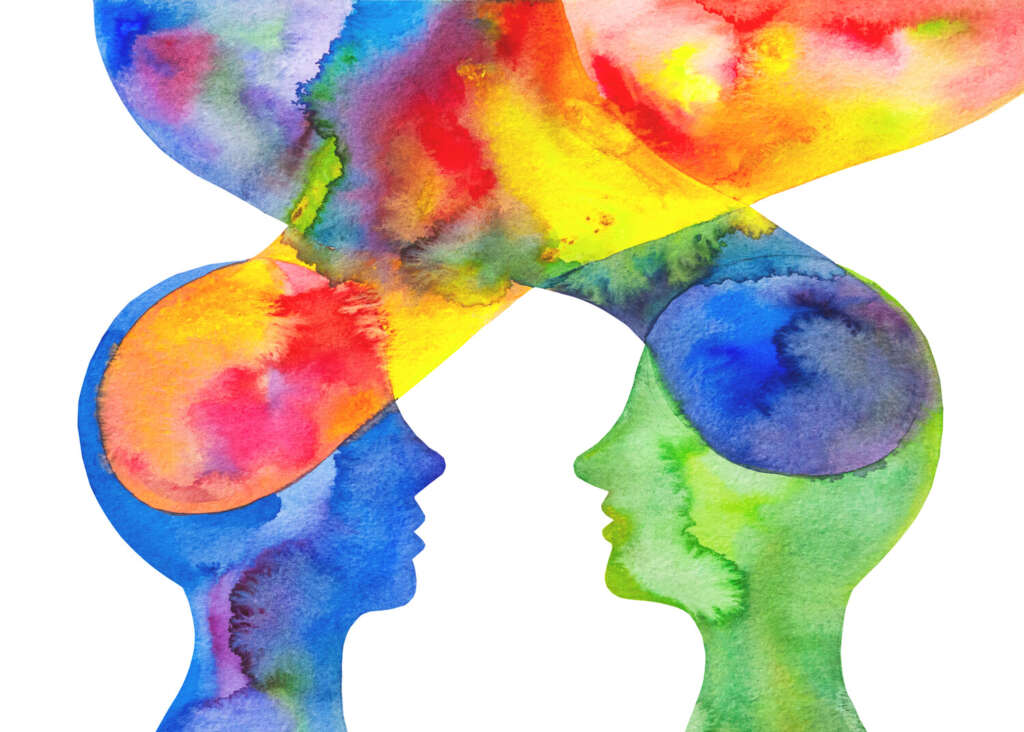
NOVEMBER 6th – 2022
CANCELLED
NOVEMBER 13th – 2022
HEALTHY COPING MECHANISMS AND HABITS
Life is full of constant, and changing events and experiences both big and small. Every person handles these in their own unique way. Discuss what coping mechanisms and habits you have used in the past, currently in your life, and are there some you wish to work on and/or add to your life in the future? Some of your coping mechanisms and habits could have been unhealthy; share if and how you have learned from them or want to. Think about your upbringing. Where and who did you pick up your coping mechanisms up from? Are any of these people or groups still a part of your life? When did you learn some of your coping mechanisms and habits were not healthy for you, or even the people around you? How hard was it for you to change bad habits? Are you currently working on changing bad coping mechanisms, or habits? Are you trying out anything new right now, why did you choose that to add to your life and work on, and how is it going?
NOVEMBER 20th – 2022
SELF-ESTEEM, BOTH POSITIVE AND NEGATIVE
The state of our self esteem and the cause and effect it has on our lives. How our acceptance and absorption of how we are seen and treated by others effects us. Does your self esteem, high or low, have an effect on your mental health, emotional health, physical health, and/or recovery journey? What are some signs of unhealthy self esteem? What can you do or implement in your life to improve or strengthen your self esteem and how can this benefit you not only in sobriety but overall? While most look at self esteem and see only low self esteem as a problem, it should be recognized that holding oneself in too high of self esteem could be problematic as well. In recovery we are told our ego is a major problem, and an ego is from being to cocky, or having such high self esteem, we feel superior to everyone else. Have you acted this way? Shut people out? Refuse to accept ideas contrary to what you have believed because you so high and mighty no one can tell you otherwise on anything? How do you keep yourself humble but confident and keep your esteem at an emotionally, mentally, and socially healthy level?
Articles of interest on the topic:
https://www.google.com/amp/s/www.healthdirect.gov.au/amp/article/self-esteem
https://positivepsychology.com/self-esteem-tools-activities/
NOVEMBER 27th – 2022
RESPONSIBILITY AND SERVICE
Responsibility and Service in day to day, week by week way of life and how it effects your emotional and mental health, social involvement and comfortability, and the strength of your sobriety. Consider your personal understanding of Responsibility and service and what the difference is, if any, as they fit into your life. Consider how it fits in your family life, professional life, recreational and/or social life, community involvement, recovery community involvement, religious/spiritual life, and your own internal culture. Are you planning on adding any responsibilities to your life, or taking on any service commitments in the near future which you feel may benefit your personal growth, and sustained sobriety. Of course you can add any examples, experiences, or interpretations from your life or perspective to add depth to the discussion.
DECEMBER 4th – 2022
MISTAKES AND IMPERFECTIONS
The nature of mistakes and imperfections. Are you capable of recognizing your own imperfections and still capable of being proud of yourself? How do you handle making a mistake? Do you take responsibility and ownership of it? Do you have a reflex habit of making an excuse for it, or avoiding that it ever happened? Do you need time for self reflection before being able to address a mistake? How does this effect your mental and emotional health? Could this effect your sobriety? Do you still have ego to deal with, which may hinder your self reflection, and in turn your potential for growth? How do you recognize the difference of self pride and ego? Are there role models in your life you look up to when it comes to handling the balance of pride and humility, responsibility, acceptance and ownership of actions versus deflection avoidance, and excuses for mistakes? We live in a time where everything is supposed to be a success, rewarded or praised, and mistakes or failures if pointed out can be viciously shamed…but we are human…we are imperfect…mistakes and failures should be recognized as lessons and opportunities for growth.

DECEMBER 11th – 2022
BEING CONSUMED BY NEGATIVE EMOTIONS
Not being consumed by the Cone of Negative Emotions/Thoughts can be incredibly difficult, but extremely helpful in living a positive life of continued growth. It is normal to experience positive and negative emotions and thoughts throughout everyday in life, sometimes from what seems out of nowhere and/or without reason. Most times it is in response to something or someone we are experiencing at a moment in time. It can be very unhealthy to be consumed by negativity; mentally, physically, socially and for our recovery. Think of things big and small in day to day life, or even traumatic experiences which hopefully are only encountered rarely and the emotions you feel. Picture the cone as quicksand, and the further you become consumed by negativity the more unhealthy your life may become, and the harder it will be to get out. What are healthy coping mechanisms, habits, or responses to the emotions at the top of the cone which may help keeping you from spiraling down to isolation? As always feel free to think outside the box and add personal perspective, as long as it relates to the topic.
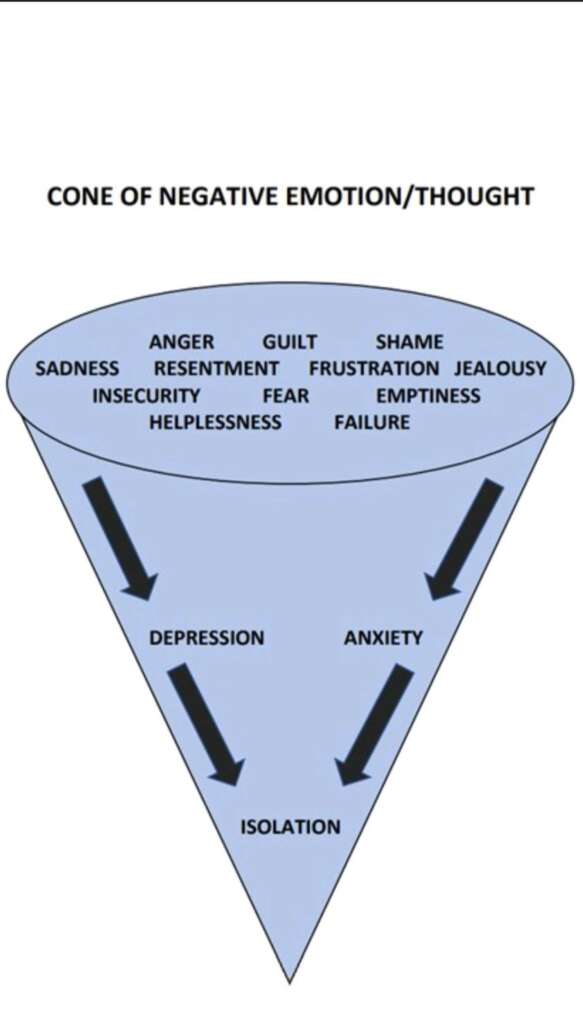
DECEMBER 18th – 2022
PERCEPTION COUPLED WITH MINDFULNESS
Practicing mindfulness us important in recovery and in our self-growth as it is the practice of taking a step back, pausing, removing judgement from a situation, and reassessing the situation and our potential response. How have you used this technique throughout your life, in active use to now? Can you become better at using it? What does removing judgement mean to you? How can this be helpful? Now add perception once you have removed judgement. Most of us have a tendency to see the worst in things when things are “going wrong.” Mindfulness is taking a situation which may have upset you, seeing it not as a bad situation, but just a situation, and then change your perspective, and possibly see how there can be a positive potential with the situation at hand. Is this something you practice in your response, or are you purely reflexive without reflection? How could you possibly use this to your advantage going forward when it comes to yourself, your relationships, your day to day interactions; and how can that benefit your self-growth and your sobriety?
DECEMBER 25th – 2022
CANCELLED – NO ATTENDANCE – MERRY CHRISTMAS TO ALL AND TO ALL A GOODNIGHT!
JANUARY 1st – 2023
NEW BEGININNINGS, NEW LIFE, NEW FIRSTS
Think back to when you decided it was time for a change, a time for a new beginning. The life you were living wasn’t sustainable. Maybe you lost something or someone close, maybe your health was deteriorating, or any other reason. Regardless of how many times you entered sobriety, whether you recognize it or not you began a new life full of first times again. From something as simple as the first week of going to work sober, to your first date sober in years, first wedding sober, and so on. Think about these firsts more intimately and reflect on the emotions which accompanied them. How does it differ from your “old” life, how does this strengthen your sobriety, strengthen your mental health, change your outlook on things, or how you structure your day? Reflect and share who the new you is, and if you are seeing and appreciating things as firsts again. If not discuss how you may try this perception as it can be powerful, refreshing, enlightening, and fun.
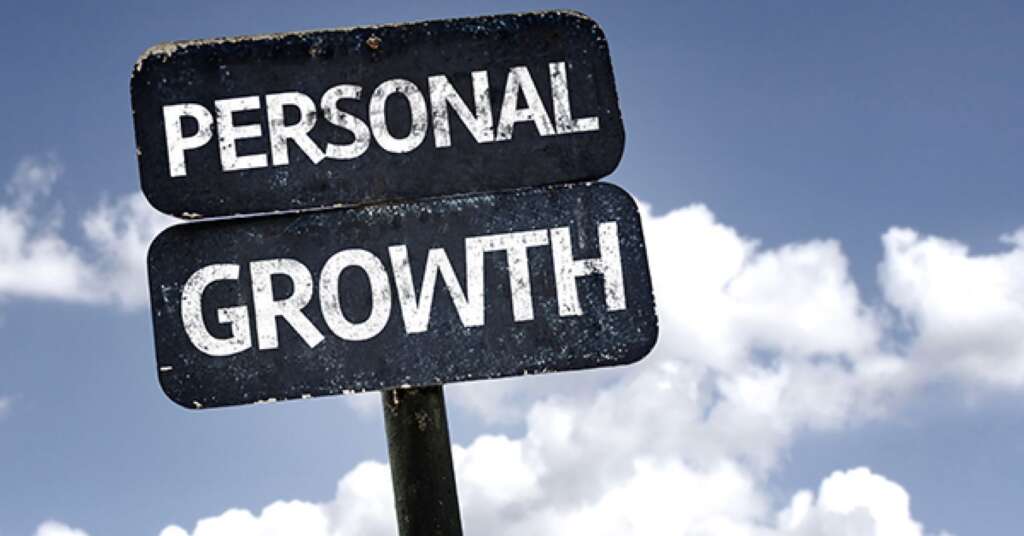
JANUARY 8th – 2023
MENTAL HEALTH AND ADDICTION
Do you believe there is a causation, or correlation between mental health issues and addiction? If so, should one be treated before the other, or should they be treat simultaneously? Do you feel that one came before the other, or caused the other? Think back to your upbringing, family life, social environment and any other factors that had an effect on who you are right now. Did you turn to your substance first and found it brought you mental health problems, were you coping with your mental health issues by self medicating with your substance, was it a combination of the two, or was it something even different from those examples? Have you worked on both and what has been successful for you to this point in your recovery? Do you feel there are things you can still work on or do differently in your life to strengthen your mental health, sobriety, and/or both?
JANUARY 15th – 2023
FEARS
All the way back as far as you can remember you have probably experienced fear in one way or another. Some fears are tangible, like being in a fight and being afraid to get physically injured. Some can be deeply ingrained from something in your childhood which built up over time, perhaps always fearing you aren’t good enough at something and never will be. Some can be a combination of both types, like going swimming in the ocean and being afraid each and every time that you will be bitten by a shark; while mostly in your head and highly unlikely, it is still possible. Fears can stop you from attempting something which can be beneficial to your sobriety, or your personal development. Fears can lead you down the wrong path and cause you mental anguish, turmoil, and in recovery possibly to relapse. Fear can come from a nightmare, night terror, or drug use/drinking dream. Why is it important for you to be able to recognize, analyze, and overcome fear? How have you done it in the past? What are things you used to be afraid of, that you aren’t anymore, and why? Do you still have fears, tangible or not, rational or not, which you still want to work on and over come? How will you benefit in the future if you successfully overcome these fears in life and in recovery? Dig deep and really think outside the box with your share.
JANUARY 22nd – 2023
IMPORTANCE OF HAVING AN INDIVIDUAL AND UNIQUE RECOVERY PROGRAM
Everyone has their own individual culture. Often we think about a region or ethnicity when in conjunction with thinking about culture, but each and everyone of us has our own individual culture. What fulfills us emotionally, mentally, socially, physically, religiously, spiritually, academically, and any other aspect you can think of makes each of us unique, beautiful, and amazing. Keeping this in mind, each of our recovery programs, or schedules should be as unique as we are. Think about your recovery program. Do you feel something is missing? Do you have variety in it, or does one repetitive set of meetings fulfill what you need? Do you combine meetings, with therapy, a recovery coach, your higher power of choice or anything else? Has your recovery program changed over time, and how? Are you flexible, and open, to adjusting pieces of your program as you move on through your recovery? Do you feel change and flexibility is necessary as you have more time in recovery, if so, why?
JANUARY 29th – 2023
GRATITUDE, GRACE, HUMILITY, AND PEACE
Sure we talk about gratitude and the importance of it in recovery, but think about what drives your gratitude. Directly tying in to what you were taught to appreciate, gratitude is more complex than we usually recognize. It is a learned behavior and emotion for the most part. Were you taught, or have you learned to appreciate things, of all types and quantities through life? To you take things for granted but not even realize it because it is normal, or how life is supposed to be? How often do you sit back and take a moment to close your eyes, take a deep cleansing breath, and truly reflect on how lucky you are to do it because you don’t have pneumonia, or lung cancer, or live an incredibly polluted area? That is reflecting on gratitude over a single breath. Reflect in that way on all aspects of your life, materialistic or not. How much depth does you gratitude have for each thing you are reflecting on. Now how does your gratitude, or lack of, effect the grace with which you carry yourself, and give to others in your life, or even in passing? Can you recognize how you have answered the previous can be a gauge to the amount of humility you have in your character? Why is humility important in life, relationships, and recovery? Finally Tie Gratitude, Grace, and Humility together, and based on your musings, compare the amounts and levels of those, to how much, or how hard/easy, you find peace in your life: your own inner peace, and the peace or turmoil around you.
FEBRUARY 5th – 2023
YOUR INDIVIDUAL CULTURE
We are made up of a beautifully complex combination of experiences, values, thoughts, beliefs, and so much more. Below is a worksheet with 8 possible variables which help make up who you are, and how “whole” feel with who you are at any point in time in your life; past, present, and possibly future. Mentally or physically fill in each variable on the sheet as you feel it fits, or doesn’t into who you were before you depended on your substance; who you were in full dependency of your substance; who you are now; and which variable do you feel you could work on, or want to work on, the most to possibly become the most “void free” and “complete content” version of you possible.
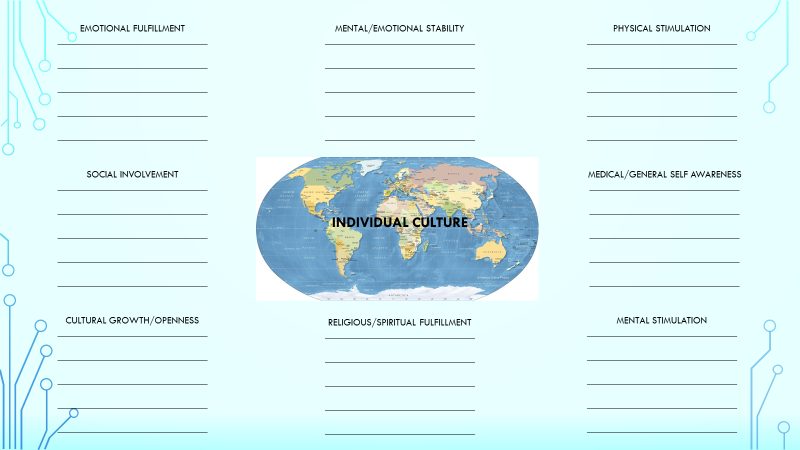
FEBRUARY 12th – 2023
SUPERBOWL SUNDAY THE THINK TANK IS CLOSED!
FEBRUARY 19th – 2023
CHALLENGES VS HARSHIPS
Our lives are filled with both challenges and hardships of all varieties and levels of difficulty/intensity. Do you recognize and/or define each of these differently? Do you think one is more important than the other? Do you find importance in them at all? Do you address each in a different way? Do you find certain challenges or hardships cause you more stress than others? Mental, academic, emotional, physical, social, spiritual, or religious as just a few examples. If so, why do you feel either or both of these are important in life, and in sobriety? Do you perceive challenges or hardships as always negative? Reflect on one’s you’ve overcome, any you may be dealing with now, and any you might have to when reflecting on the topic an guidance questions.
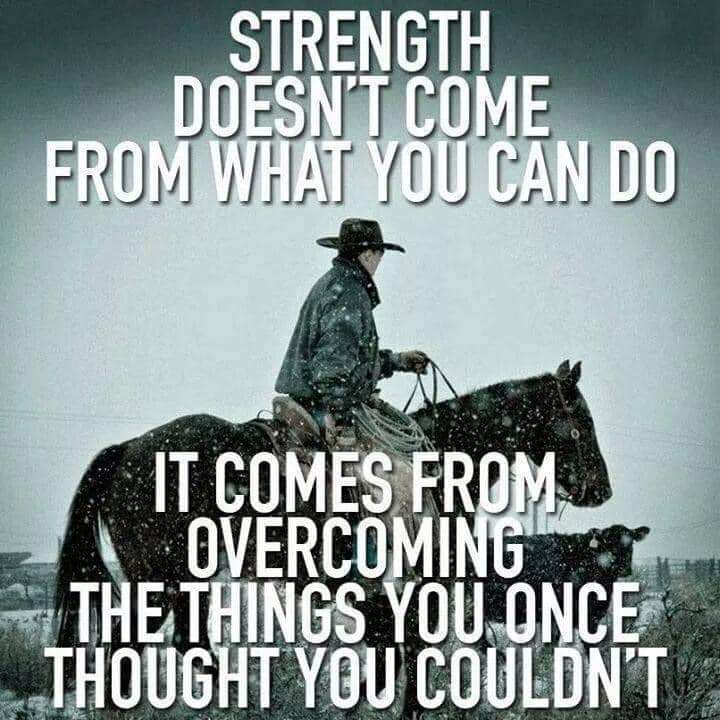
FEBRUARY 26th – 2023
THE RELAPSE BEFORE THE RELAPSE, .THE DANGERS OF COMPOUNDING NEGATIVITY
There is a saying, which also seems to be proven true, that “the use of your substance of choice is the last part of a relapse.” This insinuates there is a path a person goes down on their way to that first use. How long is the path? Does a person show signs of negative change hours before, days, weeks, or even months? Are these signs or actions done subconsciously, consciously, or a mixture of both? Is a person capable of recognizing these signs by themselves, or do they need to be pointed out by people close to them? Every person has peaks and valleys with their emotional and psychological well being in life, but for the person in recovery negative or altered habits and lifestyle choices could mean an unrecognized step closer to that first use. Have you experienced these signs? Has anyone close to you questioned different patterns in your behavior? What sort of advice would you give a person in recovery to help protect them from heading down that path? What things in your life do you have in place to keep your recovery as strong as possible?
We can go through life being our own hardest critic. Add to this negativity we may receive from peers, coworkers, bosses, family, social media and other areas, it is no surprise people fall into depression or submit to anxiety. Our substance of choice was once our primary coping mechanism. How do you prevent negativity from compounding to a mentally and emotionally unhealthy level? If it does get out of control, what do you do to bounce back while keeping your recovery program solid, and mental and emotional health strong?
MARCH 5th – 2023
SEVERE EMOTIONAL/PSYCOLOGICAL DISTRESS
Accepting, processing, understanding, and recovering from severe emotional and/or psychological stress. This could be the death of a loved one, diagnosis of a life threating disease, being the victim of an assault, or something of such a severe nature. Unfortunately in life this is something all of us will have to experience, if hopefully only the death one, as such is a part of life. Using experience, or even theory for this discussion, think about how you have dealt with or would have, when faced with something traumatic. Did you use as a primary coping mechanism? What are some techniques you have learned to use other than a substance? Have you gone through something traumatic and utilized a healthy coping method to process the situation? If/when something traumatic happens to you in the future, do you believe in all honesty you are strong enough to process the trauma without relapse? What tools would you use to work through accepting and processing the event?
MARCH 12th – 2023
TWO TYPES OF SURRENDER IN RECOVERY
There are multiple things which could be discussed under the topic of “surrender” in a recovery meeting; however, we are going to focus on two types tonight and how they have related to / effected you, and what kind of progress you still need to make going forward to stay as stable and focused in your recovery as you can. First, have you surrendered, or even recognized you have to surrender who the old you was? Have you realized that true sobriety is not just stopping your use, but changing your lifestyle? How have you changed when it comes to any or all aspects of your individual culture?
Second, have you honestly surrendered to the fact that you can NEVER pick up your substance of choice again? When did you finally accept this?
MARCH 19th – 2023
HEALTHY HOBBIES AND CELEBRATING WITH GRACE
A large part of recovery is changing much more than abstaining from using your substance. We have all heard of people, places, and things; and a very good way to incorporate this change is to create, or add, new healthy habits to your life. New hobbies have no association with your substance use, which allows you something to escape to for peace, comfort, growth, accountability, and accomplishment. You can tie nature, value, purpose, tribe, and activity together in what you choose to do for added mental and emotional health support and growth. Have you added new hobbies to your life in recovery? Do you have any in mind you would like to add? If not, can you come up with one realistically right now?
We constantly talk about not using our substance when coping with hardship, trauma, grief, anger or other negative emotions or experiences. It is not as often we talk about how we handle celebrations, success, victory, or anything along those lines. That used to be a major “reason” to use. How do you find yourself celebrating the good in recovery? It is important to be grateful, but it can also be important to celebrate. What are some things you have celebrated in recovery? What was it like? Can you handle a celebration which involves your substance of choice being used by others?
